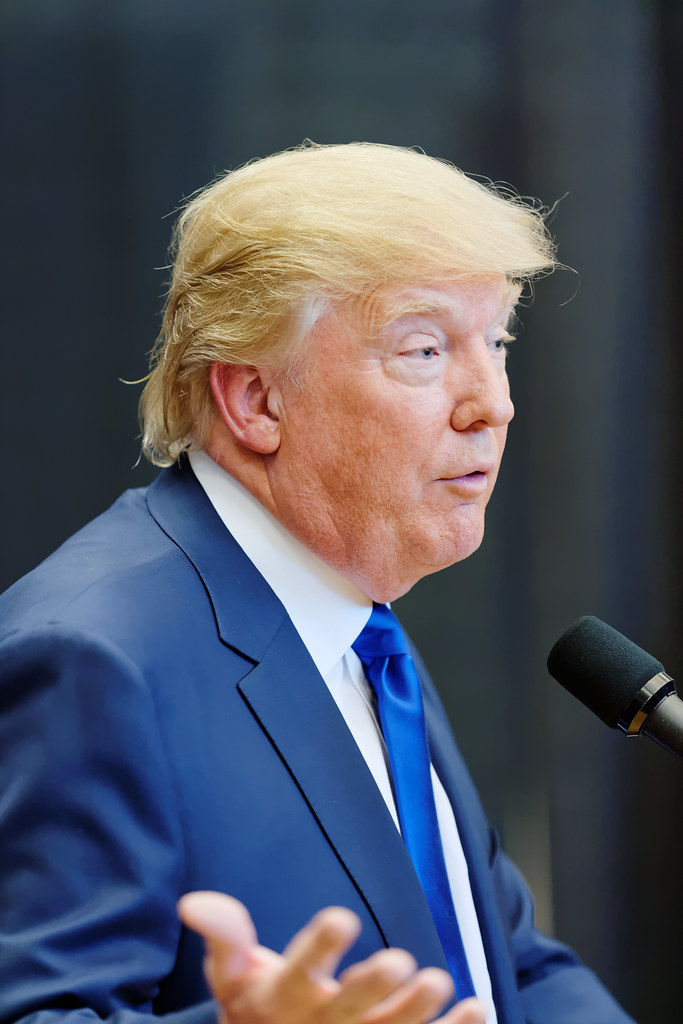Key Takeaways
• Former Labor Secretary Robert Reich warns President Trump plans to use the Insurrection Act.
• Reich outlines a four-step strategy to justify military action against protesters.
• The plan may send ICE agents into Democratic-run cities and deploy the National Guard.
• Reich urges peaceful protests to avoid giving Trump an excuse.
• The looming move could spark a major clash before the 2026 midterm elections.
What Is the Insurrection Act?
The Insurrection Act is a federal law that lets the president call up military forces to stop rebellions or riots. No president has fully used it in more than thirty years. In limited cases, leaders have sent troops to help local forces in crises. If triggered, the Act lets the White House order the National Guard or U.S. military to suppress civil disorder. That means soldiers could patrol streets or break up protests.
Why Now?
Robert Reich says President Trump views recent protests as insurrection. He argues the moves in cities like Portland amount to an uprising against the government. Reich warns Trump plans to claim a crisis severe enough to invoke the Insurrection Act. This would allow him to send troops into cities run by his political opponents. Military and legal experts say this idea fits a pattern of growing authoritarianism.
Four Steps in Trump’s Plan
Reich broke down the president’s strategy into four main steps. Understanding these is critical to seeing how the Insurrection Act might get used.
Step One: Send ICE into Blue Cities
First, federal agents from immigration services would flood Democratic-run cities. They would use masked, armed teams to make arrests. Reich says these agents already target people outside immigration courts. They also raid homes at night. American citizens sometimes end up detained. This tactic heightens fear and chaos in local communities.
Step Two: Exaggerate Protests
Next, the White House would portray peaceful demonstrations as violent uprisings. By overstating the scale and danger of protests, officials hope to build public support for stronger action. This narrative sets the stage for a military response. It frames everyday protests as threats to national security.
Step Three: Deploy the National Guard
After that, hundreds of National Guard troops from conservative states would station themselves in liberal areas. Governors and mayors often oppose such orders. Yet under the president’s plan, these troops would act anyway. Visible military forces on city streets would create tension. Clashes between soldiers and civilians could spark real violence.
Step Four: Invoke the Insurrection Act
Finally, with unrest escalating, the president could formally invoke the Insurrection Act. This move gives him power to federalize the National Guard and activate the U.S. military. The goal would be to crush any resistance to his rule. Reich warns this step is the ultimate act in an authoritarian playbook. It paves the way for troops to confront political opponents just before the midterm elections.
What Could Happen Next?
If the Insurrection Act goes into effect, American democracy could face its greatest test. Military units might patrol city streets. They could break up protests and arrest demonstrators. Local law enforcement could take a back seat to federal forces. Governors would lose authority over troops in their states. Political divides would deepen, and large-scale unrest could follow.
Legal experts debate whether such an action is even lawful without clear rebellion against the United States. Yet once the president claims an insurrection, courts may find it hard to block immediate military orders. The risk is that peaceful protesters might face armed soldiers. Civil liberties groups warn this could spark a cycle of violence and retaliation.
How You Can Respond
Reich and other critics urge citizens not to give the president an excuse. They ask people to keep protests peaceful. Avoid actions that could be painted as violent threats. If faced with ICE agents or National Guard troops, remain calm and respectful. Document any rights violations, but stay nonviolent.
Contact your local representatives to express concerns over using the Insurrection Act. Support legal challenges that defend protesters’ rights. Encourage community leaders to plan safe demonstrations. By staying informed and united, citizens can resist an authoritarian grab.
Connect with local civil rights groups. They often offer guidance on peaceful protest tactics and legal support. Share reliable information through social media and neighborhood groups. Remember, the goal is to let democracy work by showing widespread, peaceful opposition to military force in cities.
The Bottom Line
The Insurrection Act sits at the heart of a brewing political battle. Robert Reich’s warning shows how a four-step plan could lead to federal troops in American streets. While no president has fully used this law in decades, the threat feels real today. Citizens must stay calm but vigilant. Peaceful resistance might be the strongest defense against an authoritarian turn.
Frequently Asked Questions
What exactly does the Insurrection Act allow the president to do?
The Insurrection Act gives the president power to call up the National Guard or U.S. military to stop insurrections, rebellions, or civil unrest. It overrides state control of those forces.
Has any president used the Act recently?
No president has fully invoked the Insurrection Act in more than thirty years. There were limited uses in local crises, but never a nationwide deployment against civilian protesters.
Could Congress block the use of the Insurrection Act?
Congress could pass laws to limit or clarify the Act’s use. However, any changes would take time and might not stop immediate orders once the president claims an insurrection.
What should I do if military forces appear in my city?
Stay peaceful and follow legal protest guidelines. Document any rights violations without confronting troops. Seek help from civil rights organizations and your elected officials.

